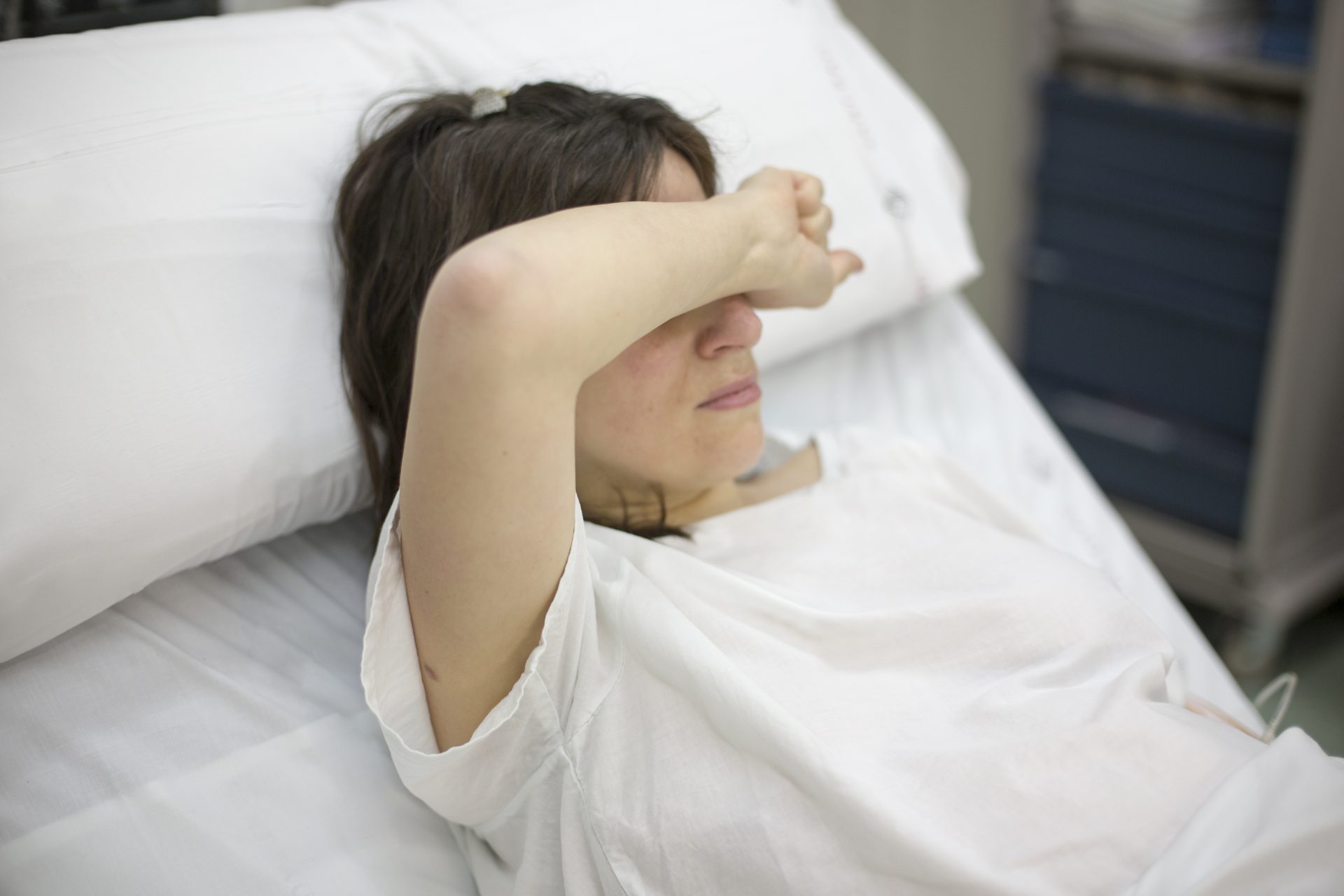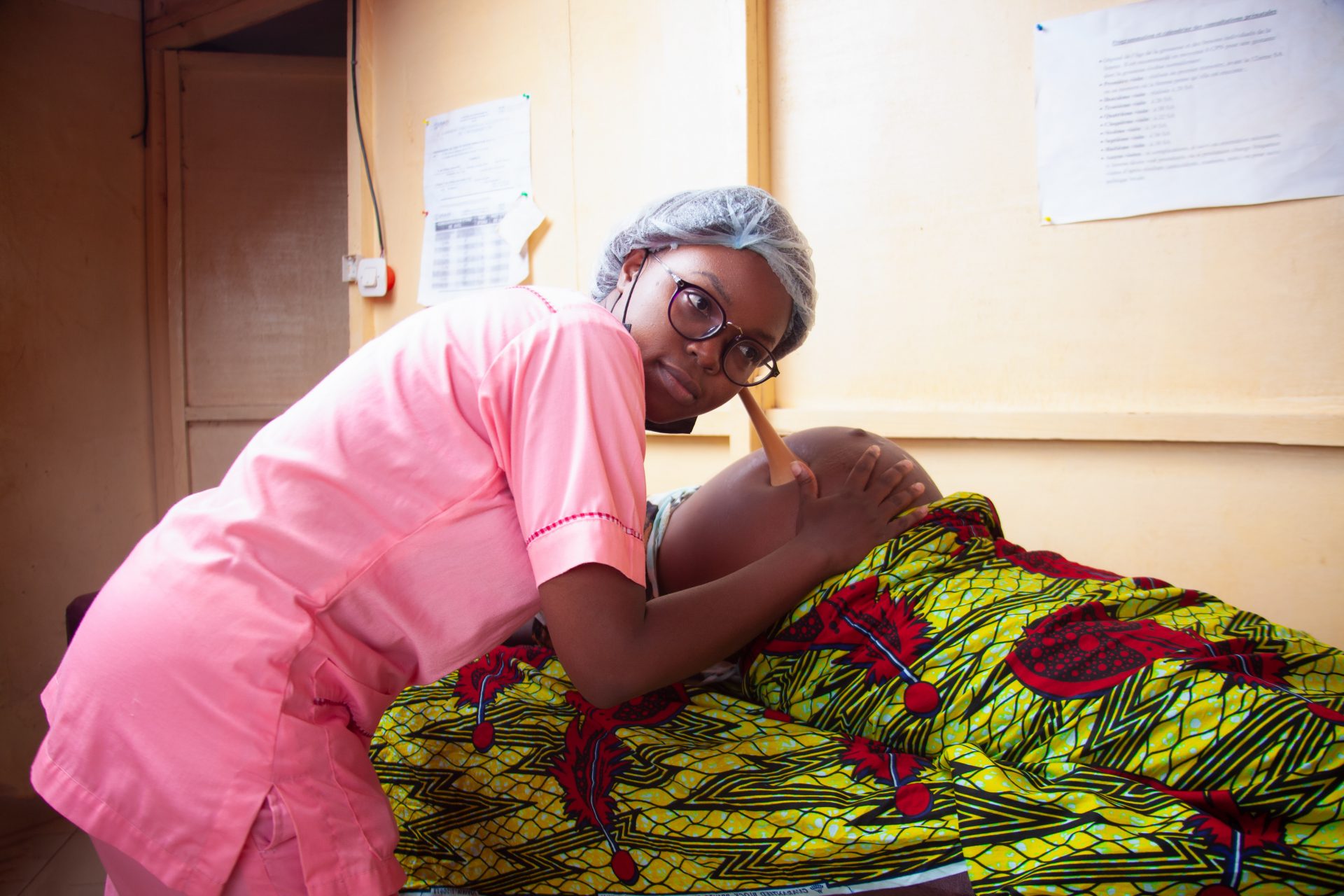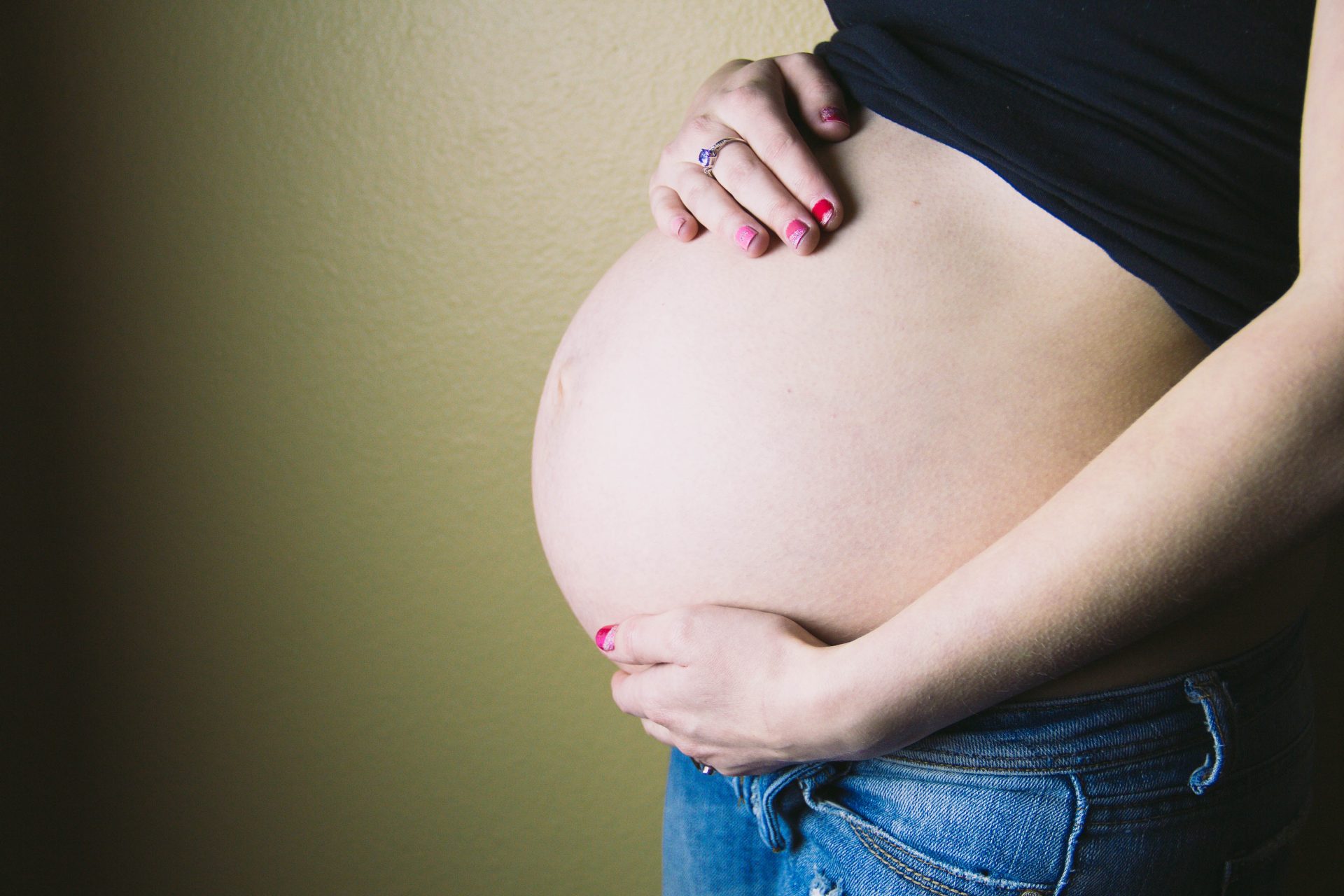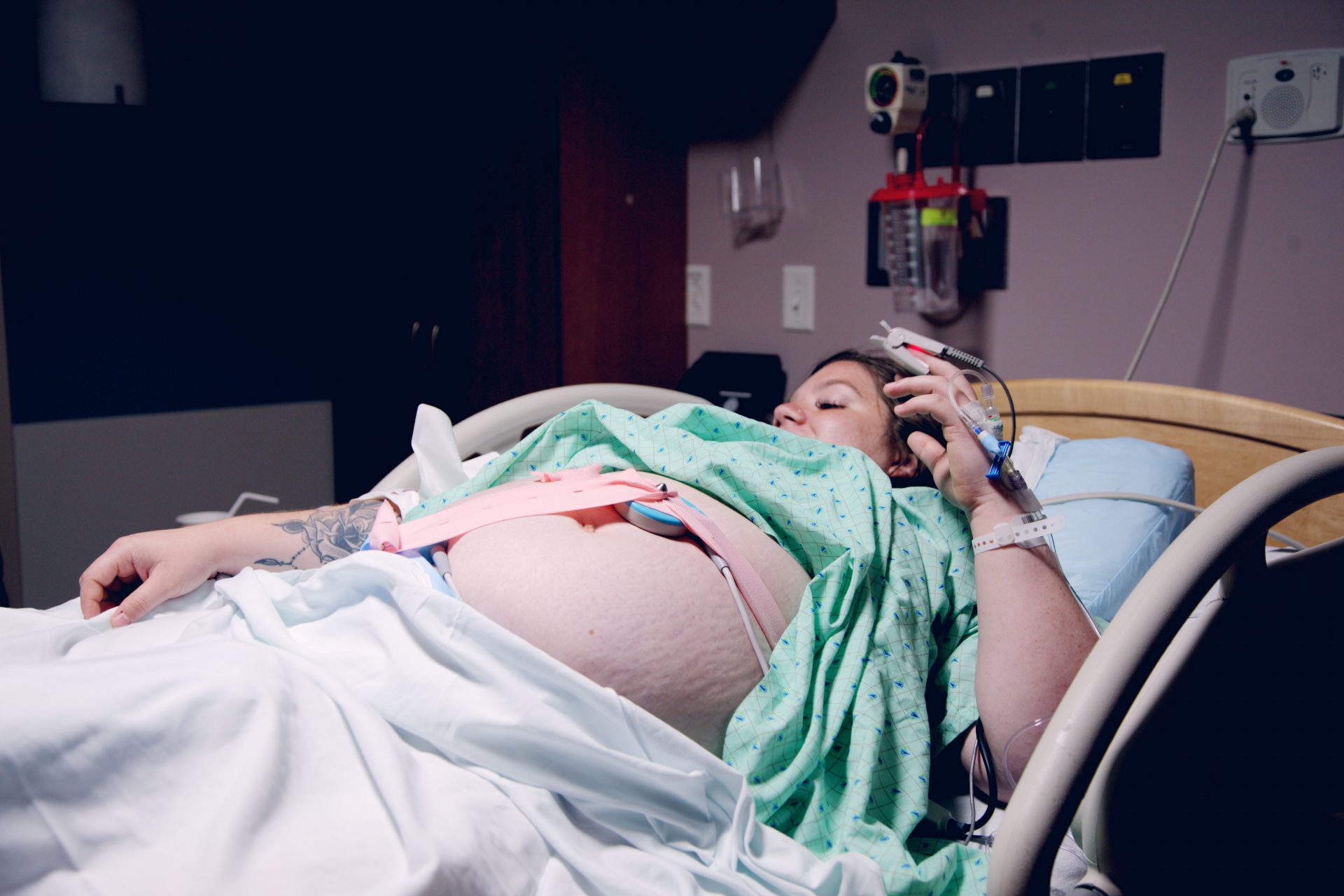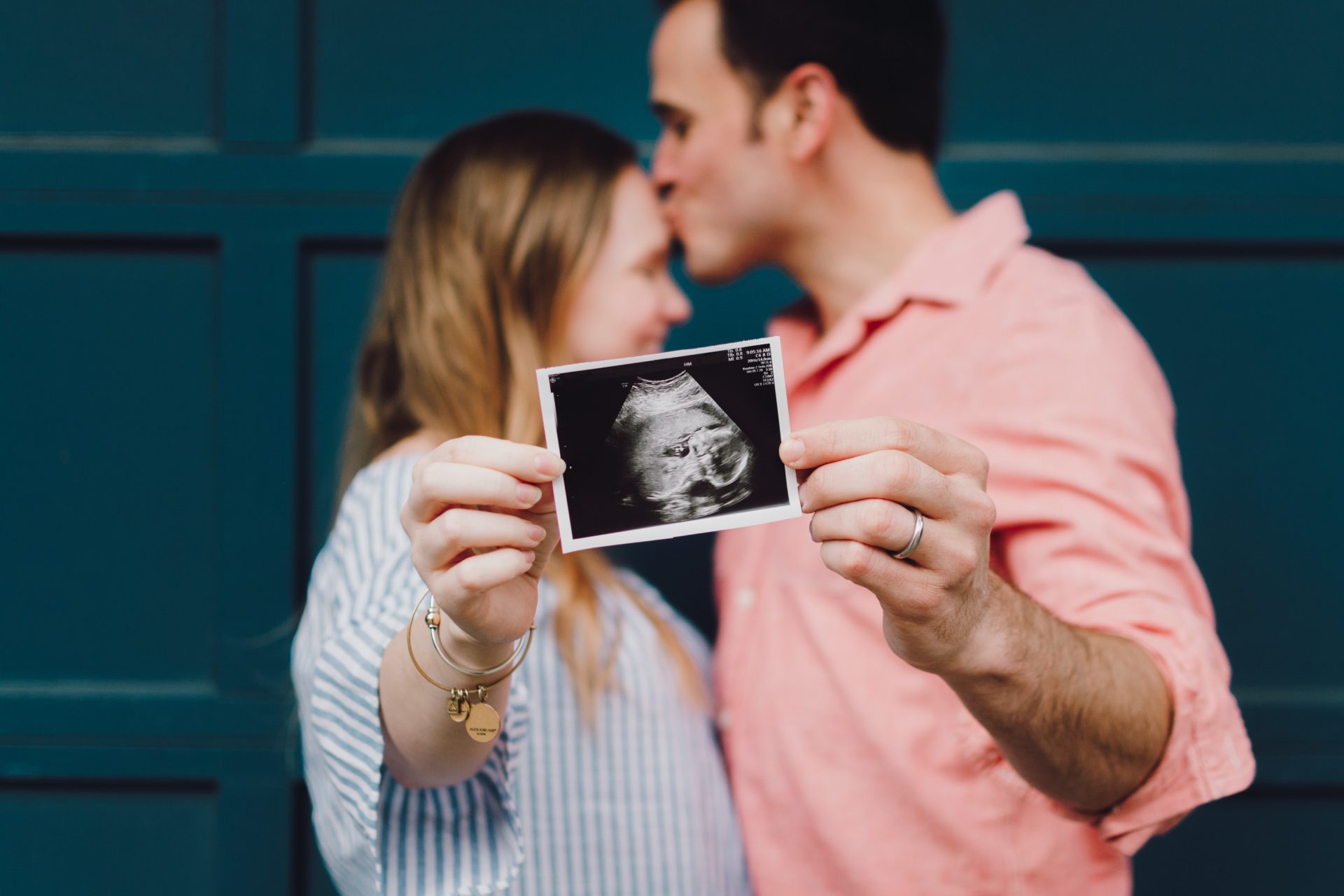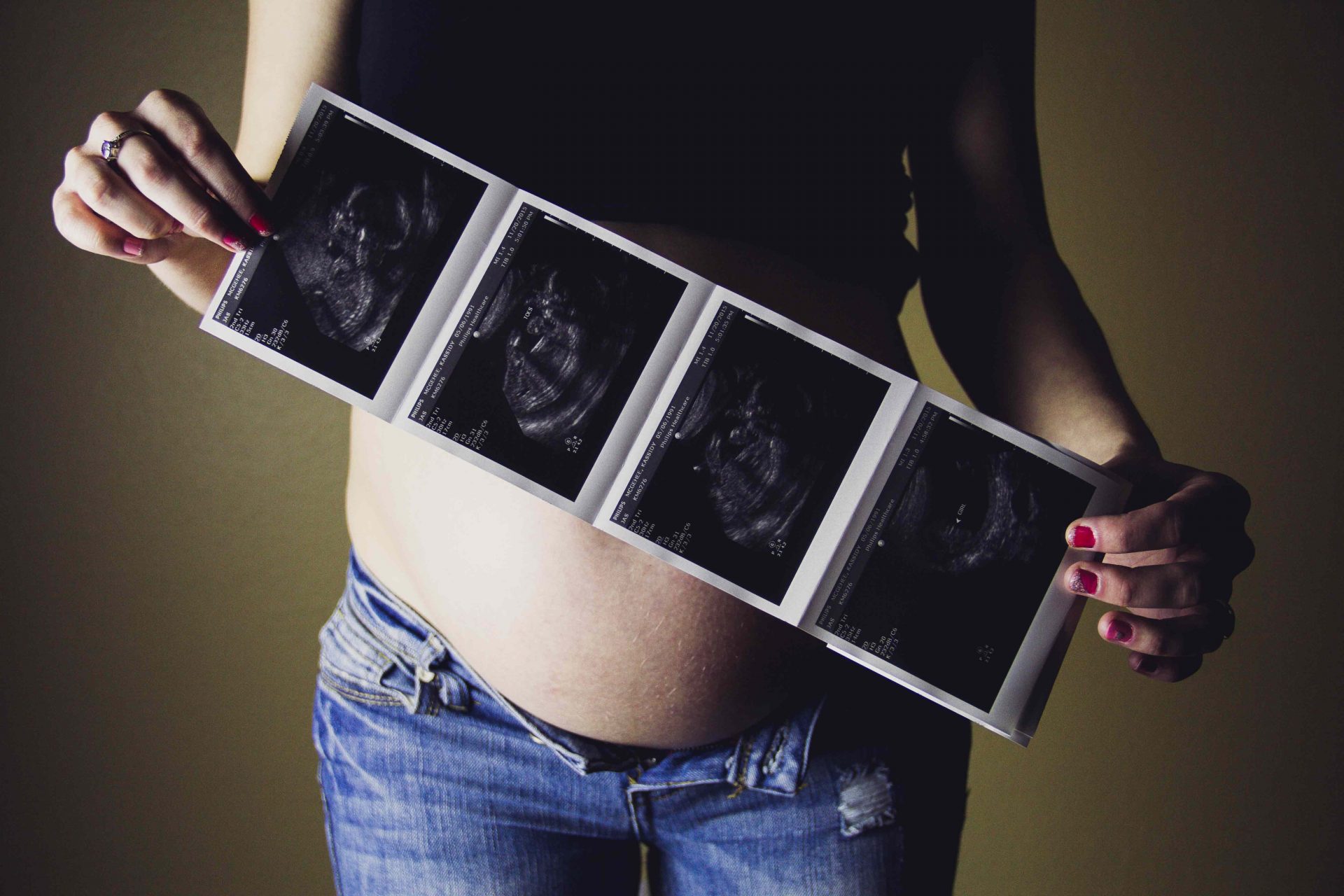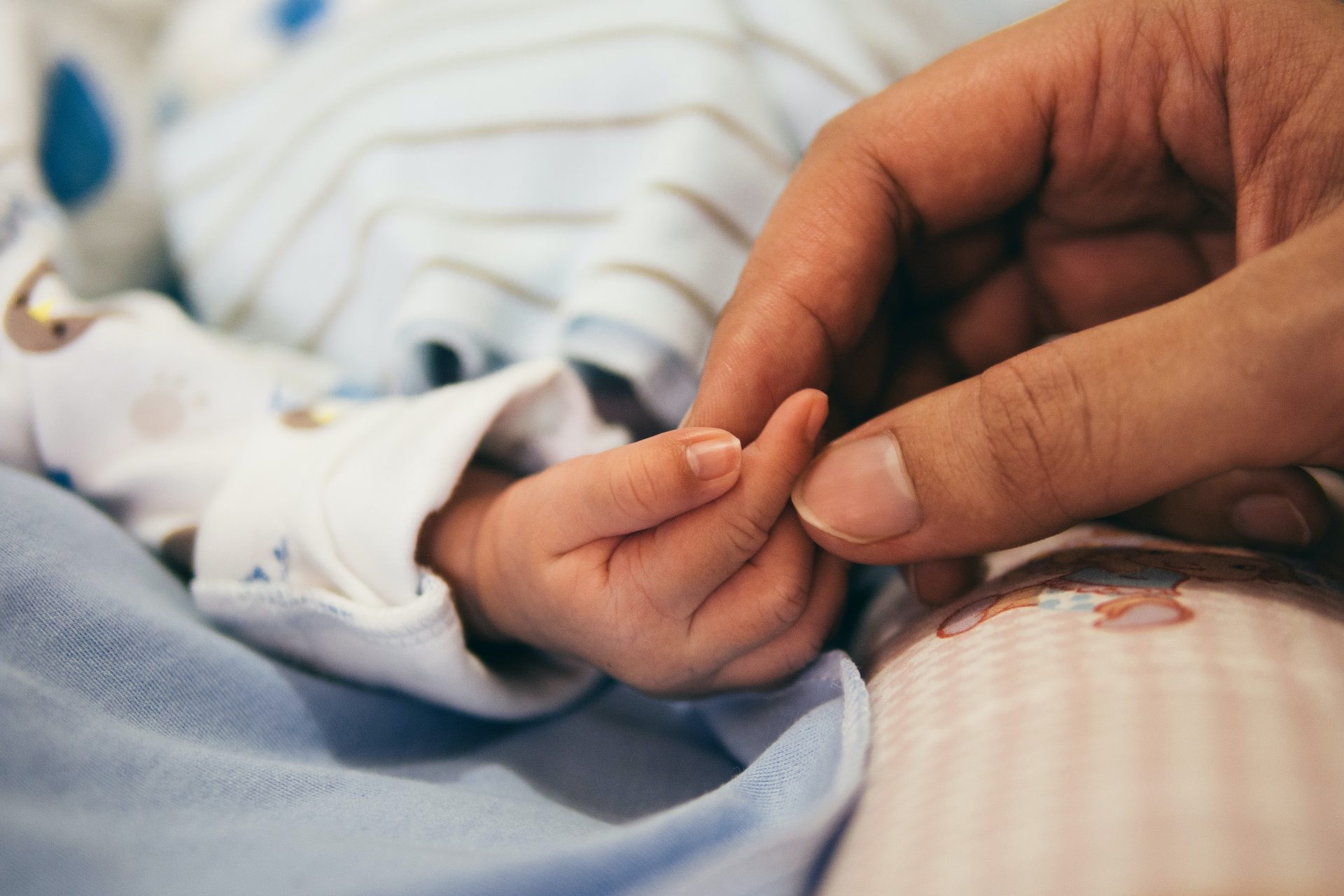New research reveals the mystery behind morning sickness
Researchers have made a major breakthrough in understanding why some people get a lot more sick than others when they’re pregnant. The discovery could be the first step to developing a future cure for morning sickness.
Why some people get extremely sick when pregnant has been a mystery for nearly all of human history but a new study published in the journal Nature has revealed what’s behind morning sickness for some mothers.
It turns out that morning sickness is likely caused by a hormone known as GDF15, and one’s sensitivity to this hormone is responsible for causing some people to suffer from a severe form of sickness when pregnant.
A press release on the new research from the Keck School of Medicine of USC reported that a growing body of evidence has tied GDF15, which is produced in the placenta and builds up substantially during pregnancy, leading to morning sickness.
“We now know that women get sick during pregnancy when they are exposed to higher levels of the hormone GDF15 than they are used to,” explained Marlena Fejzo, the first author of the new study and professor at the University of Southern California.
Photo by Vladislav Muslakov on Unsplash
The Guardian published Fejzo’s statement as well as some concerning facts about the realities of morning sickness that most of the world’s population may not know unless they’ve suffered through the worst pregnancy has to offer.
Photo by Iwaria Inc. on Unsplash
Roughly 80% of pregnant people are affected by nausea at some point throughout their pregnancy and it seems GDF15, as well as the levels at which some people are subjected to the hormone, play the deciding role in one’s sickness severity.
Photo by Zohre Nemati on Unsplash
"The more sensitive a mother is to this hormone, the sicker she will become,” explained study co-author and University of Cambridge professor Sir Stephen O'Rahilly. “Knowing this gives us a clue as to how we might prevent this from happening."
O'Rahilly was quoted by BBC News, which pointed out that as many as 1 in 3 mothers per 100 pregnancies will be affected by hyperemesis gravidarum, a rare form of severe morning sickness that can be extremely dangerous.
Photo by Cassidy Rowell on Unsplash
Some severe cases of morning sickness can be fatal to the life of a fetus if its mother loses too much fluids. It’s not unheard of for some pregnant people to be admitted to the hospital and placed on intravenous fluids in extreme cases.
Photo by Alexander Grey on Unsplash
Some mothers get sick multiple times a day throughout the length of a pregnancy, which makes finding a cure for their morning sickness important. Luckily, the researchers who made the hormone discovery also have two possible cures.
Exposing women to higher levels of GDF15 before they get pregnant could be one of the possible therapies used to head off severe sickness during pregnancy according to the findings of the new research study.
Paradoxically, lowering GDF15 levels in some pregnant individuals can also help those suffering from sickness. "This study provides strong evidence that one or both of those methods will be effective in preventing or treating [morning sickness],” Fezjo explained.
One key piece of evidence revealed in the study according to the press release of the research showed that a rare gene mutation can lead to abnormally low levels of GDF15 in some people. So when they get exposed to higher levels during pregnancy they tend to get very sick.
Photo by Cassidy Rowell on Unsplash
However, if the fetus of someone with the gene mutation also inherits the malady, their mother is less likely to develop hyperemesis gravidarum, which explains why some women might need more exposure to GDF15 while others may need less.
Photo by Tim Bish on Unsplash
"Hopefully, now that we understand the main cause of HG, we’re a step closer to developing effective treatments to stop other mothers from going through what I, and many other women, have experienced,” Fezjo said.
Photo by Aditya Romansa on Unsplash
More for you
Top Stories



